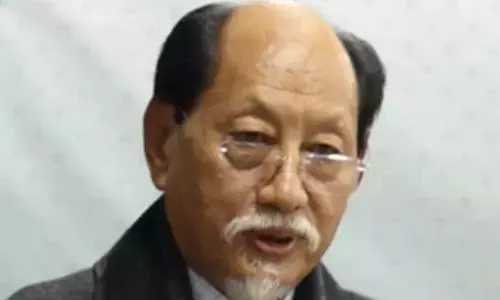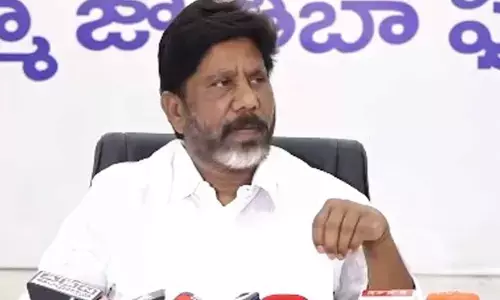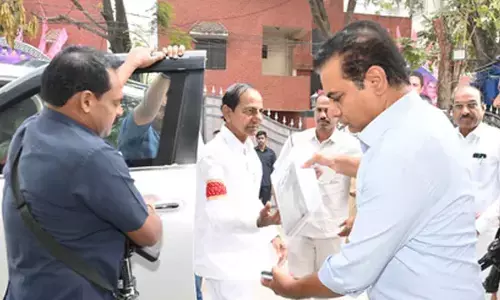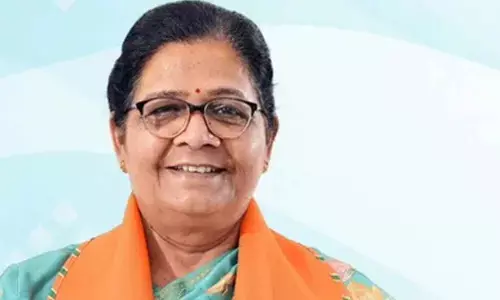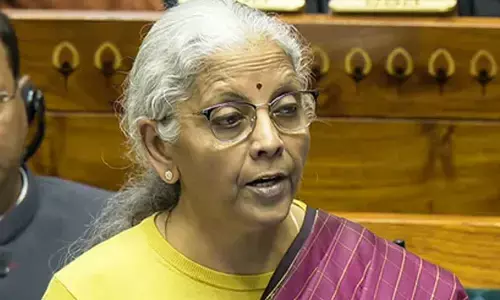Does Telangana higher education have S&T bias?
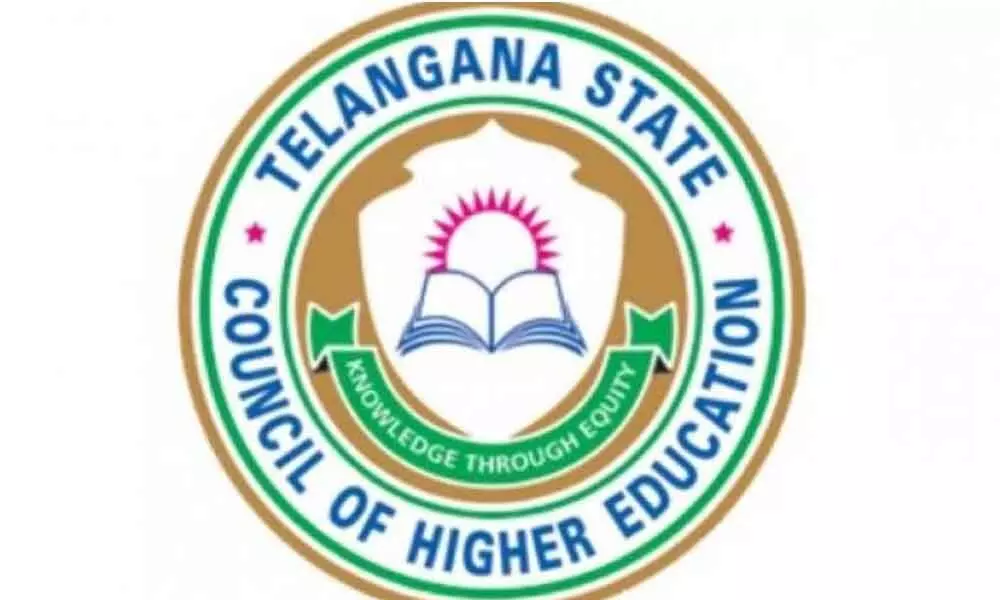
Does Telangana higher education have S&T bias?
Short shrift to humanities, social sciences
Hyderabad: Has the higher education sector in Telangana become science and technology biased at the cost of humanities and social sciences?
The question assumes significance, following top priority given to the latest courses introduced in science and technology, at the undergraduate and postgraduate level in the State.
For example, the constituent colleges affiliated to the Jawaharlal Nehru Technological University, Hyderabad (JNTU-H), Osmania University and others, have launched new courses like Artificial Intelligence, Internet of Things, Data Science.
However, a similar pro-activeness was found absent with the powers that be and the apex bodies regulating the higher education sector and the State universities.
Speaking to The Hans India, a senior faculty member of Osmania University said there are several public universities in small countries in the Indo-Pacific region. They are periodically updating their curriculum in humanities and social sciences, along with science and technology, by introducing Artificial Intelligence, as part of UG and PG studies.
It includes the Philosophy of Artificial Intelligence offered to connect to cognitive studies, linguistics, ethics for AI, privacy issues. The usage of AI is increasing phenomenally. Its importance is increasingly felt to study and its impact and implications on public policy and governance, economics, management and other fields.
That apart, the security-related issues of AI have become a major emerging area for AI laws.
Former OU Professor Laxman Rao pointed out that there are regular and shell courses offered. The shell courses are at the basic level offered to students to know how the field is related to their core branches. The New Education Policy-2020 envisages providing such opportunities to the students to opt for different courses of their interests from fields like science, technology, commerce, and languages. When asked, a senior official of the State Higher Education Council said efforts are on. to finalise introduction of different courses. And the syllabus for the same has to be factored in. However, it is not possible to launch any such course in the current academic year. In all probability, it might be possible to launch such new courses from the ensuing academic year, he said.
State Commissioner of Collegiate Education Naveen Mittal said courses like AI have been introduced at the B Tech level. He attributed the constraints in introducing such courses in at UG level to number of papers studied by B Tech students vis-a-vis others. The number of papers studied by an UG student was about six. But B Tech students have to study around 40 papers in four years, he pointed out. Responding to the issue, OU Vice-Chancellor Prof. D Ravinder said it introduced AI in engineering, besides mining. On the social science front, two honours courses were introduced during the current year. The university planned to introduce another course on public policy from the ensuing year. That apart it was identifying courses that can be introduced from the ensuing academic year, he said.









